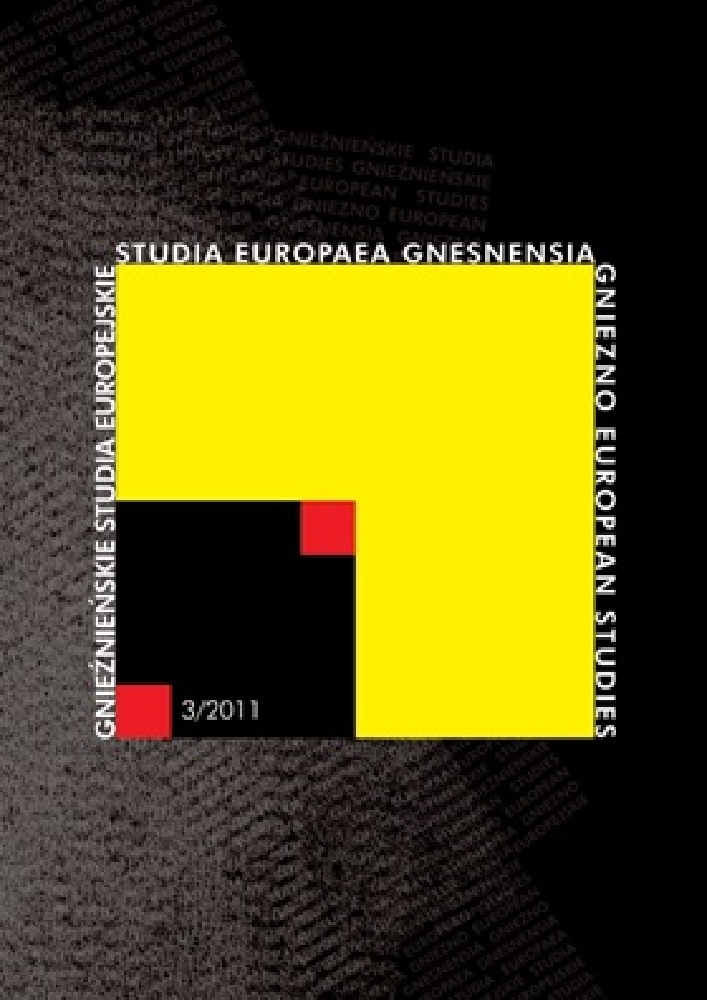Abstract
In the literature of the antiquity we can distinguish three patterns: the minimalist, universalistic and constrained. The first confines prefecture to being merely the command of praetorian cohorts, while other possible functions performed by these officers result only from exceptional and temporary mandate of the emperor. On the other hand, the universalistic model assumes that a prefect, at least potentially, possesses the same powers as the emperor — to be limited only by the presence and the will of the ruler. The third model, presented by Cassius Dio, is an intermediate form — a compromise, which perhaps is fashioned after the practice employed in certain periods, yet in part it was rather a postulate than reality.
Funding
Le présent travail est fi nancé de fonds destinés à la science dans les années 2008–2011 en tant que projet de recherches du Ministère de la Science et de l’Enseignement supérieur N N108 101834.
Riferimenti bibliografici
Bauman R.A., Crime and Punishment in Ancient Rome, éd. 2e, London–New York 1996, p. 106.
Carla F., Tu tantum praefecti mihi studium et annonam in cnecessariis locis praebe: prefettura al pretorio e annona militaris nel III secolo d. C., Historia 56, 2007, p. 92. DOI: https://doi.org/10.25162/historia-2007-0006
Cassiodorus, Variae, VI, 3, 1.
Cassius Dio, LII, 24.
Cassius Dio, LV, 10, 10.
Coriat J.-P., Les préfets du prétoire de l’époque sévérienne: un essai de synthese, Cahiers du Centre Gustave-Glotz 18, 2007, p. 179. DOI: https://doi.org/10.3406/ccgg.2007.1649
Dell’Oro A., I libri de officio nella giurisprudenza romana, Milano 1960, p. 233–234, n. 482.
Eich P., Zur Metamorphose des politischen Systems in der römischen Kaiserzeit. Die Entstehung einer « personalen Bürokratie » in langen dritten Jahrhundert, Berlin 2005, p. 213. DOI: https://doi.org/10.1524/9783050048437
Hellegourc’h J., L’« éloge » de Sejan dans l’Histoire romaine de Velleius Paterculus, dans Colloque histoire et historiographie Clio, édité par R. Chevalier, Paris 1989, p. 143–155.
Herodianus, V, 1, 2.
Karlowa O., Römische Rechtsgeschichte, Leipzig 1885–1901.
Lobur J.A., Consensus, Concordia, and the Formation of Roman Imperial Ideology, New York–London 2008, p. 94–127. DOI: https://doi.org/10.4324/9780203894231
Millar F., A Study of Cassius Dio, Oxford 1964, p. 115.
Ruciński S., Praefectus Urbi. Le Gardien de l’ordre public a Rome sous le Haut-Empire Romain, Poznań 2009, p. 52–55.
Tacitus, Annales, IV, 2.
Velleius Paterculus, II, 128, 4.
Zosimos, II, 32, 2; cf. 33, 1–2.
Licenza
Copyright © 2011 by IKE and PTPN
